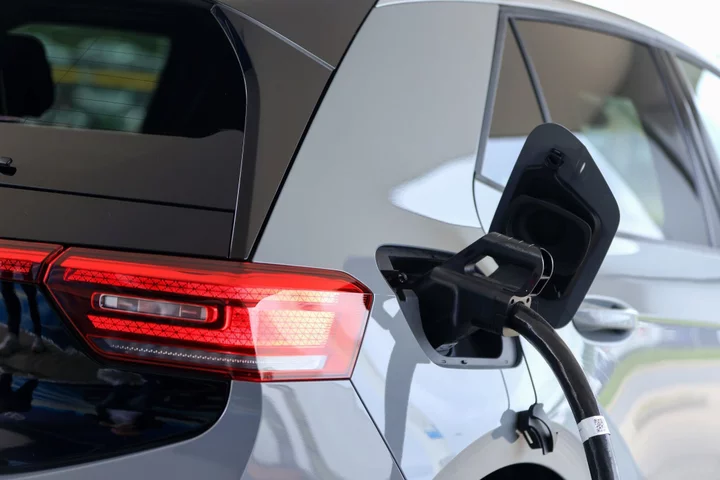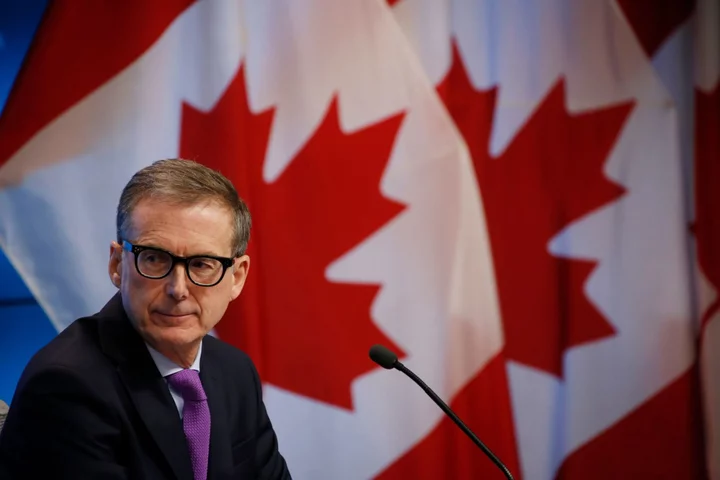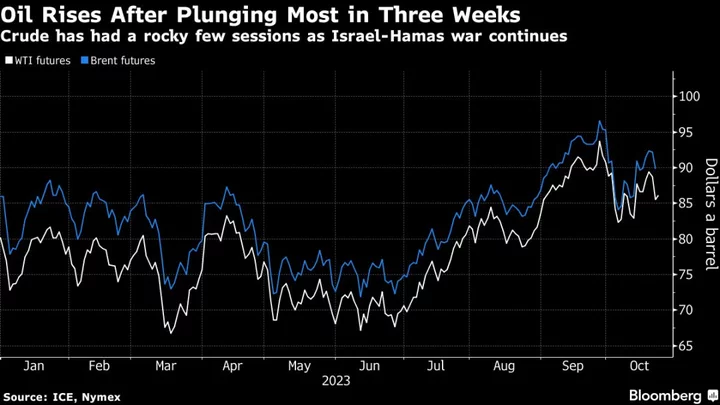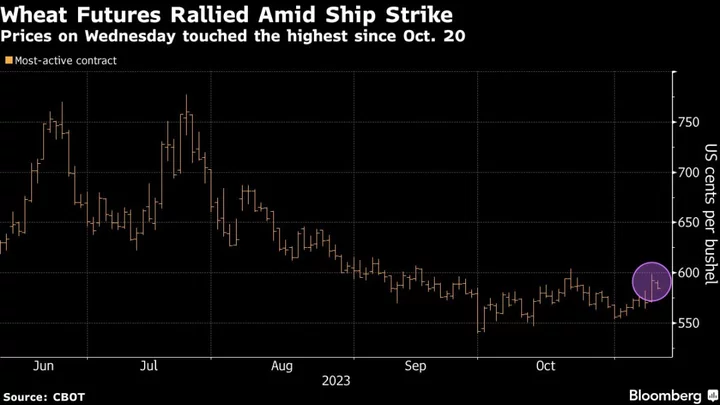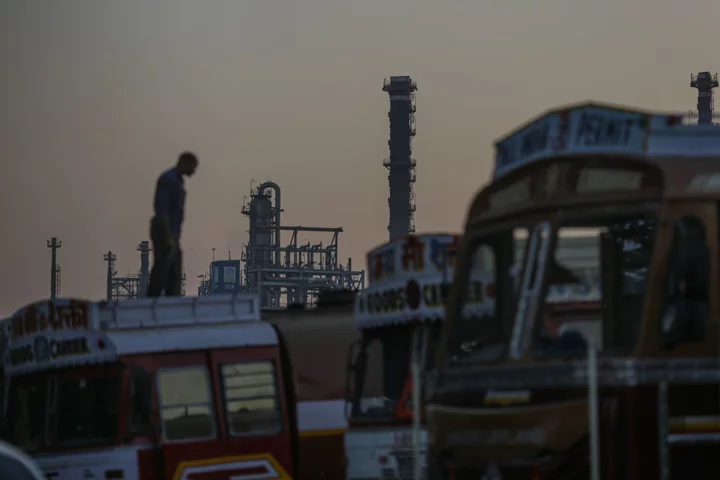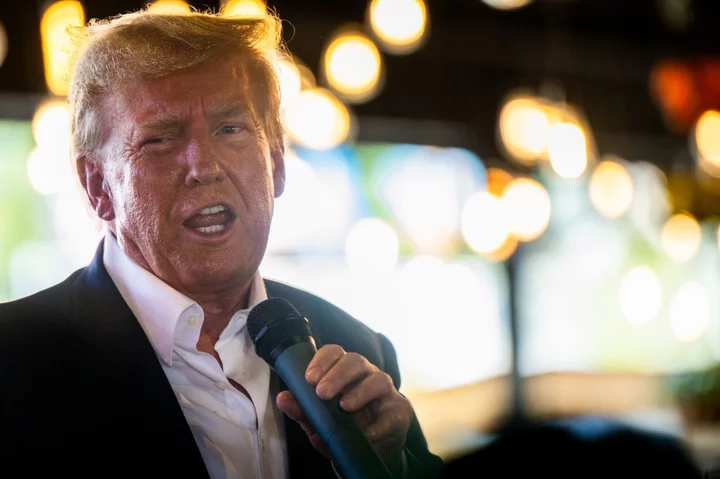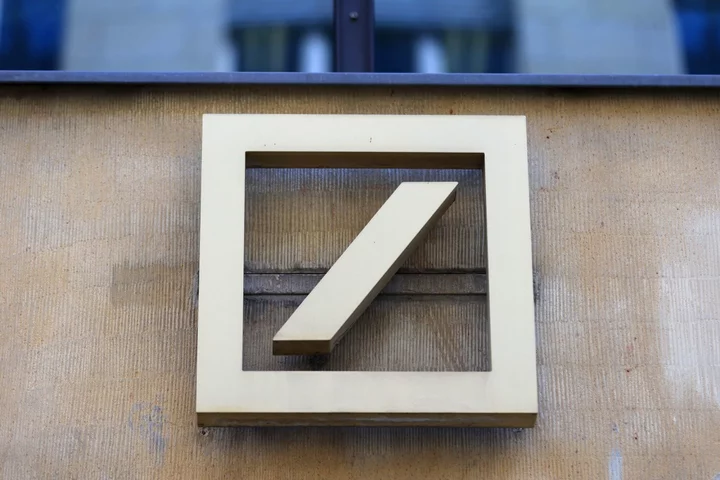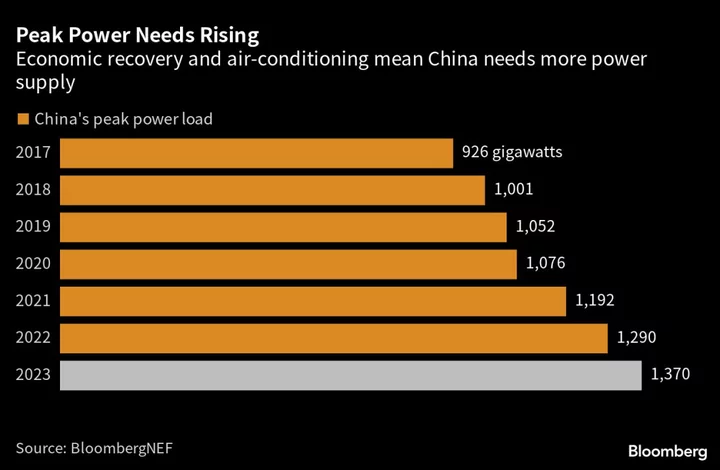Volkswagen AG may receive even more Canadian taxpayer support for a new battery plant than the C$13.9 billion announced by Prime Minister Justin Trudeau’s government, a spending watchdog said.
Parliamentary Budget Officer Yves Giroux, in a report released Wednesday morning in Ottawa, pegged the federal government’s financial commitment to the German auto giant at around C$16.3 billion ($12.3 billion) over a decade.
Trudeau’s previously stated tally includes up to C$13.2 billion in production subsidies and a C$700 million grant for capital costs.
The C$2.4 billion discrepancy comes from how Canadian subsidies may affect the company’s tax treatment compared to American incentives under the Inflation Reduction Act. Trudeau’s government has vowed to match what Volkswagen would have received in support had it chosen the US instead of Canada for its first battery plant outside Europe.
Giroux’s higher estimate highlights the challenge Canada has in staying competitive after its neighbor and largest trading partner made hundreds of billions in lucrative incentives available in the US.
Because the US support is a tax credit, there is no additional tax incurred, the budget watchdog said. But the Canadian government appears to be offering its incentive in a way that would be considered taxable income for the company.
“With this in mind, the government would need to offer a tax adjustment to ensure an after-tax equivalency to the support offered under the IRA that it has publicly stated on numerous occasions,” the PBO said. To account for this, the report calculates a tax adjustment based on an assumed effective corporate income tax rate.
“We estimate the tax adjustment required to keep Canada’s offer in line with the US IRA to be approximately C$2.8 billion,” the budget watchdog concludes. It also found that the production support itself would be a little lower than the government’s top-end estimate, coming in at C$12.8 billion.
However, the report acknowledges that the government “has not published details on the specific mechanism of its production support.”
Furthermore, Giroux said the government could change its tax laws to avoid this problem — especially as Canada works on landing other battery plants, such as the C$5 billion joint venture proposed by Stellantis NV and LG Energy Solution Ltd. The subsidies for that plant could even top what Volkswagen was promised, according to one analysis.
Giroux told reporters that one option for the government could be to amend the Income Tax Act to exempt subsidies for the purpose of car battery manufacturing from being taxable.
Regardless of how the government proceeds, Giroux said he’s been told by the finance department that “all the costs that are pursuant to the contract have been factored into the fiscal framework.”
The budget watchdog also analyzed the economic impact of the construction of the plant in St. Thomas, Ontario, compared to the C$700 million capital cost grant, and found it was a wash.
“We estimate that the increase in revenues associated with the incremental economic activity will effectively offset the increase in public debt charges” resulting from the capital grant to Volkswagen, the PBO said.
(Updates with watchdog’s comment on potential tax-law changes beginning in 10th paragraph.)

